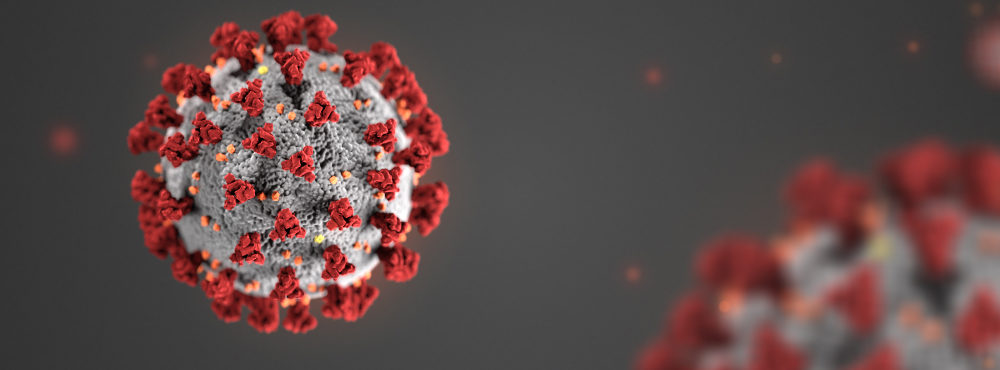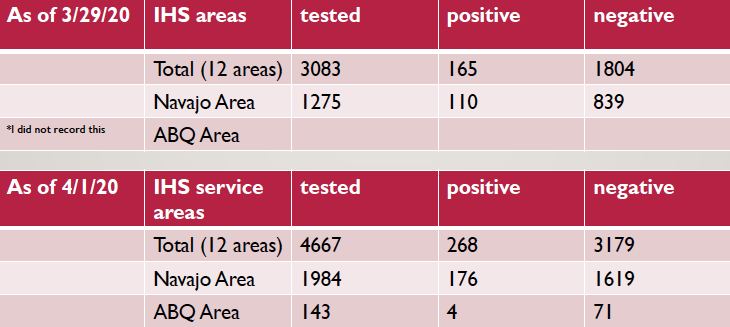The video of a Minneapolis police officer killing an unarmed Black man pleading for his life while being held down has been heart wrenching and infuriating to watch. This scene is vivid in all our minds. And then there is another. Two white men with guns in a truck chasing down an unarmed Black man whom they attacked and shot. Then, there is the story of a young Black medical worker sleeping in her bed and getting shot by policemen without any warning. All these events show a pattern that racism is alive and well in our country. Ahmaud Arbery, Breonna Taylor, and George Floyd are not the first Black people killed because of their skin color. Unfortunately, it will probably not be the last time Black people are killed due to racism. These senseless killings have caused us to reevaluate what is important to us as a society, community, and as individuals. Not only that; it has made us evaluate what more we can do.
For the Southwest Women’s Law Center, since our founding in 2005, our non-profit organization has advocated for women and girls. We have advocated for reproductive rights, economic security for women and their families, and to address gender discrimination, including equal pay, and other workplace rights. We reaffirm our commitment to working in these areas, in honor of Black women and girls. We also commit to the following acts and actions:
- We will honor women of color, including Black women, in local businesses, professional fields, and those who are engaged in advocacy work, and we will further encourage our community members to support these women and their efforts.
- While we cannot support candidates for office as a 501(c)3, we will support policies and positions that support and enhance the lives of Black women and girls as part of our commitment to the #BlackLivesMatter movement.
- Our team will also take part and engage in discussions, forums, and trainings on race so that we can enhance our understanding and knowledge of racial equity, and thereby increase our efforts for social justice and social change.
- We will partner with others in the #BlackLivesMatter movement and provide support to efforts that improve the lives of Black communities.
We stand in solidarity with the Black community and support Black Lives Matter.






